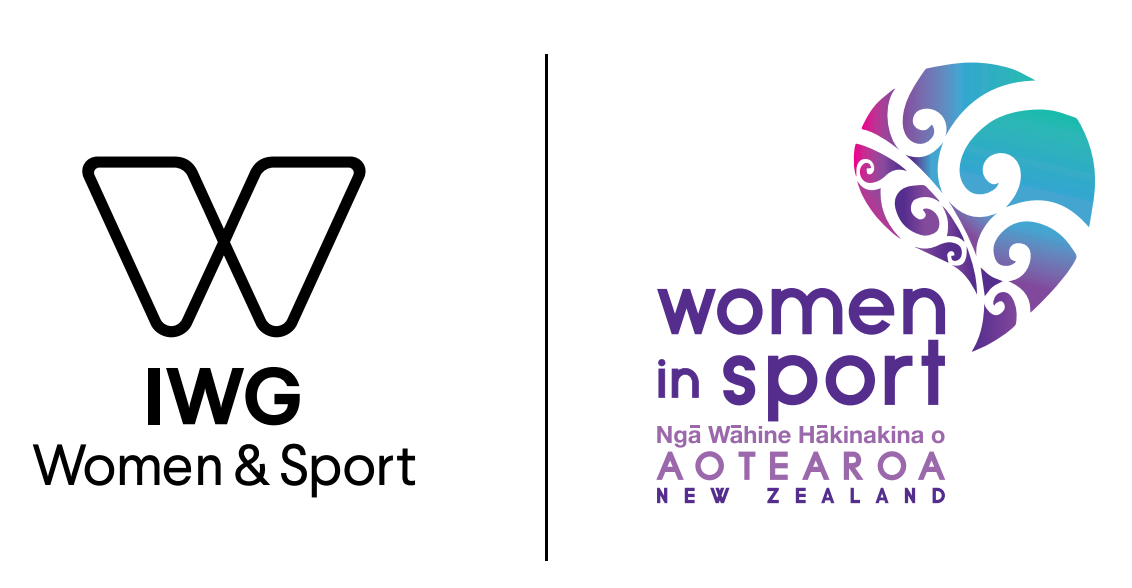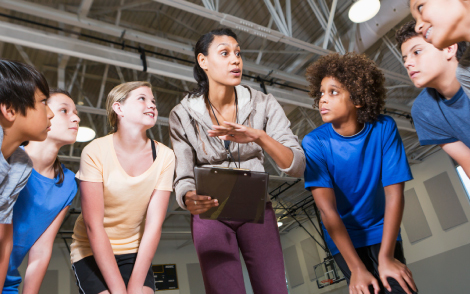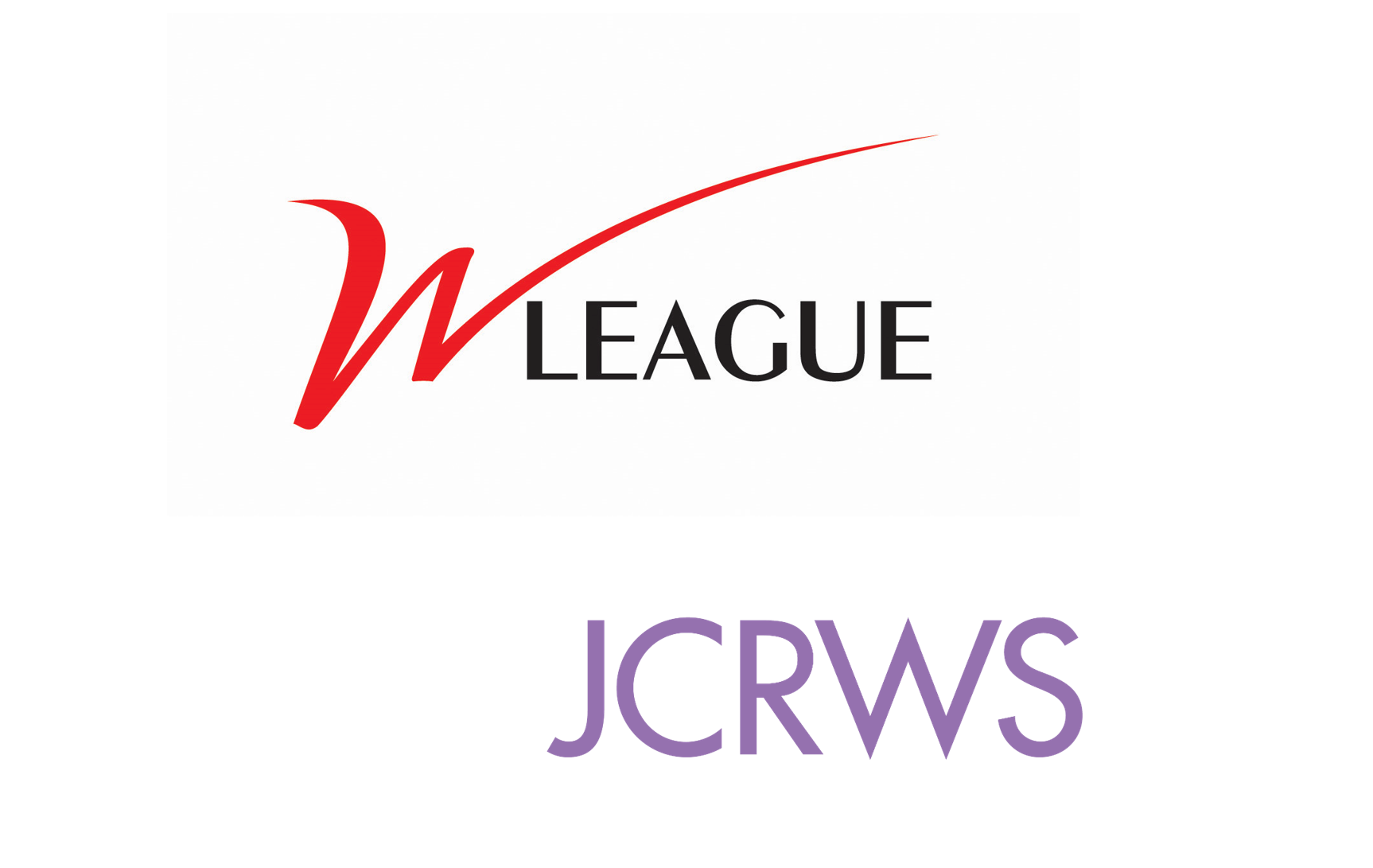- The 1st World Conference on Women and Sport
- The 2nd World Conference on Women and Sport
- The 3rd World Conference on Women and Sport
- The 4th World Conference on Women and Sport
- The 5th World Conference on Women and Sport
- The 6th World Conference on Women and Sport
- The 7th World Conference on Women and Sport
- The 8th World Conference on Women and Sport
The 1st World Conference on Women and Sport

In May 1994, the “1st World Conference on Women and Sport” was held in Brighton, UK. It was the first international conference on women and sport where a total of 280 delegates who expertise in sport policy assembled from many different countries. In this Conference, the “Brighton Declaration” was adopted which called for an increase in the involvement of women in sport at all levels and in all functions and roles. The Declaration proposes guiding principles for action plans.
The Japanese Olympic Committee signed the declaration at the “Asian Conference on Women and Sport” in 2001. Kumamoto Prefecture and Kumamoto City signed it for the first time as a local government in 2006.
The Brighton Declaration on Women and Sport(77KB)The 2nd World Conference on Women and Sport

The 2nd World Conference on Women and Sport took place in Windhoek, Namibia in May of 1998. Over 400 delegates from 74 countries participated in this Conference. The participants reconfirmed the principles of the “Brighton Declaration” that were established in the 1st Conference and also adopted the “Windhoek Call for Action”. This Call for Action is addressed to all men and women engaged in both national and international sport organizations, governments, public authorities, development agencies, schools, businesses, educational and research institutions, and women’s organizations to call for action throughout the world in order to expand equal opportunities for girls and women to participate fully in sport.
The 3rd World Conference on Women and Sport

In May 2002, the “3rd World Conference on Women and Sport” was held in Montreal, Canada. There were more than 550 participants representing 97 nations. This Conference was hosted by the Canadian government (Sport Canada) with the support of IWG, and the Canadian Association for the Advancement of Women and Sport and Physical Activity (CAAWS) was in charge of the overall proceedings of the Conference. The participants discussed the methods that ensure all women and girls to participate in sport and activities according to individual needs and abilities. They agreed that each country and region should make an effort to take action as outlined by the “Brighton Declaration” in 1994 and “Windhoek Call for Action” in 1998 to bring about those changes. “The Montreal Tool Kit” was issued, which incorporated a consolidation of successful strategies and tools for individuals and organizations throughout the world to bring about innovative changes for girls and women who engage in sport and physical activity to gain more equal opportunities.
The 4th World Conference on Women and Sport

In May 2006, the “4th World Conference on Women and Sport” took place in Kumamoto, Japan. Approximately, 700 delegates representing 100 nations and regions participated in this Conference. This was the very first conference to be held in Asia and discussion concerning issues facing women and sport was performed under the theme of “Participating in Change”. The Conference was broadcasted live on the big screen in Kumamoto City and was opened to public for the first time since the discussions used to be shared only among people from the government and the United Nations (UN). During the Conference, various workshops were organized to discuss a variety of topics, such as the role of sports and strategies to promote sports in developing countries.
The 5th World Conference on Women and Sport

“The 5th World Conference on Women and Sport” was held in Sydney, Australia from May 20 -23 of 2010. It was the first conference to take place in Oceania. A safe environment for sport encourages women’s participation in sport, promotes their success, and maximizes the potential of women. The purposes of this Conference were to advance the status of women in both sport and physical activity and to increase the opportunities for women’s participation. 500 people, such as people from the UN, IOC, international sport federations, government and scholars, athletes, and coaches, participated in this Conference.
The 6th World Conference on Women and Sport

“The 6th World Conference on Women and Sport” was held in Helsinki, Finland from June 12 -14 of 2014. The Conference received full assistance from the Finnish government and was officially supported by the IOC. The Conference finished with over 800 participants from 100 countries, and became the conference with the largest number of participation in IWG conference history. The president of the IOC, Thomas Bach, and the president of International Paralympic Committee (IPC), Sir Phillip Craven, gave a speech at the opening ceremony. The opening ceremony turned out to be spectacular and exciting in this Conference the “Brighton Declaration”, the resolution from the 1st Conference, was updated. Furthermore, the “Brighton Plus Helsinki 2014 Declaration on Women and Sport” which included a proposal to meet a goal of 40% minimum representation of women in decision-making positions by 2020, was adopted.
The 7th World Conference on Women and Sport

“The 7th World Conference on Women and Sport” was held in Gaborone, the capital of Botswana from May 17 -20 of 2018. 926 people from 81 countries and regions attended the 7th Conference, and the following six themes were discussed.
- LIVE WELL, PLAY WELL
- A SAFE PLACE: Protecting Women in Sport
- TELL YOUR STORIES: Utilize Media to Transmit Information on Women’s Sport
- WELCOME AND EMPOWER ALL PEOPLE THROUGH SPORTS
- SPORTS WITHOUT BORDERS: Cross-Cultural Collaboration
- LET WOMEN TAKE THE LEAD: Changing the Leadership Landscape in Sports
Also, Dr. Daichi Suzuki, who is the commissioner of the Japan Sports Agency and became the first Japanese government official to attend the conference, gave a speech to explain the current situation, challenges, and actions on women’s sports in Japan. Moreover, discussions held by successive co-chairs revealed that Japan’s action towards “Tokyo 2020” is drawing attention from all over the world.
“IWG Botswana Big 5” was adopted as the legacy of the 7th Conference. It comprises five pillars which are Media, Accountability, Representation, Research to Practice, and Communication, and it declared the necessity for concrete actions and close monitoring to build a gender-equal sports culture.
The IWG Botswana Big 5 (565KB) *“Big 5” means “Top 5 awing animals that are difficult even for hunters to capture”. In Africa, “Big 5″ varies depending on the area, but in Botswana, it refers to “lion, elephant, rhino, leopard, and buffalo”. The five words on the resolution are expressed using the “Big 5” animals referring to the characteristic of the animals.The 8th World Conference on Women and Sport

The 8th IWG World Conference on Women & Sport was held in Auckland, New Zealand, November 14-17, 2022. The conference was a hybrid of in-person format (on-site participation) and online participation due to the Corona Disaster and was attended by 1,200 people on-site and 500 people online that was the largest conference ever, with heated discussions.
The opening ceremony featured remarks from New Zealand’s Prime Minister, Jacinda Ardern, who responded to the “Change Inspires Change” conference theme by discussing the following five themes related to women and girls in sport.
・Visibility and Voice
・Leadership
・Social Change
・Active Lives
・High Performance
In addition to Q&A sessions with the speakers, the conference application enabled participants to interact and network with each other, and various opinions were exchanged at every turn.
As a product of the 8th Conference, an “Insight Hub” has been launched (open to the public until May 31, 2023). This “Insight Hub” will serve as a platform for sharing examples, approaches, and good practices to support the empowerment of women in global, regional, and local sports. This has provided an opportunity for each to pledge to make a difference, not only at this 8th conference but also in the future by spreading and acting on what they have learned from this conference.









![Awarded [the 26th Chichibunomiya Memorial Sports Medicine and Science, and Encouragement Award]](https://research-center.juntendo.ac.jp/jcrws/cms/wp-content/uploads/2024/03/図1-1.jpg)
